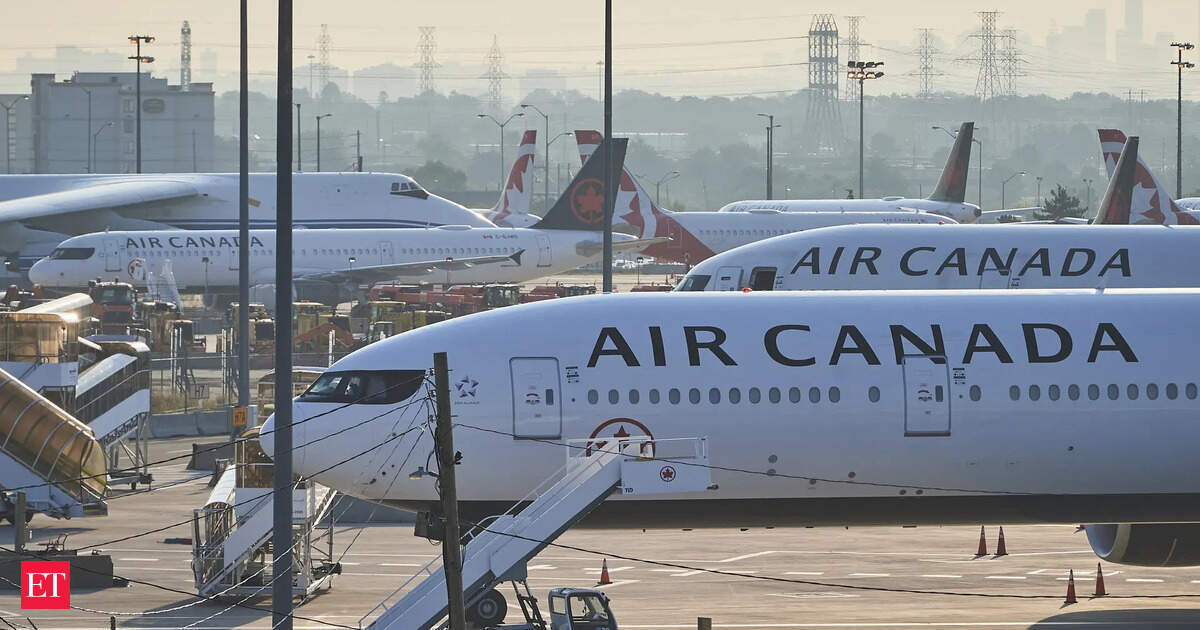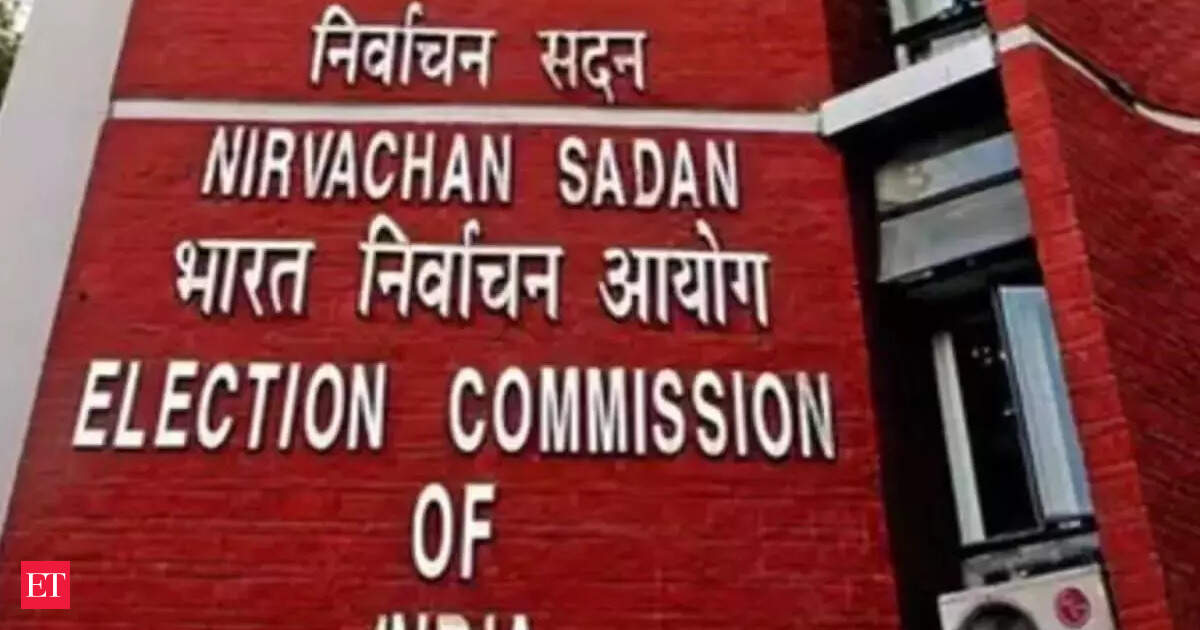Now Reading: Air Canada Pay Dispute Disrupts Travel Plans
-
01
Air Canada Pay Dispute Disrupts Travel Plans
Air Canada Pay Dispute Disrupts Travel Plans

Quick Summary
- Air Canada has suspended all operations after over 10,000 flight attendants began a strike early Saturday morning.
- The airline canceled flights across it’s mainline services and budget arm, Air Canada Rouge, impacting approximately 130,000 passengers daily.
- The canadian Union of Public Employees (CUPE) rejected the airline’s proposed deal of a 38% pay raise over four years and refused government-directed arbitration.CUPE demands include pay for unpaid ground duties.
- Federal Jobs Minister Patty Hajdu and business leaders urged resolution, citing severe disruption to national travel and supply chains.
- Passengers expressed frustration as non-refundable bookings have left many stranded during the peak summer season; choice flights are limited and costly.
- India-bound routes have been disrupted. Flights from Toronto, Vancouver, Montreal to New Delhi were canceled alongside connecting routes via Calgary through London.
- Air Canada promised full refunds or rebooking on partner airlines but noted challenges due to demand during the peak travel season.
- Experts believe both sides may seek a resolution soon given financial stakes in peak travel revenues but warn recovery could take up to a week even once resolved.
Indian Opinion Analysis
The suspension of operations at Air Canada directly influences Indian travelers amid peak summer schedules. With direct flights from Toronto, Montreal, and Vancouver to major Indian cities like New Delhi already affected by cancellations, disruptions pose significant inconvenience for diaspora members traveling home or tourists bound for India. Although some stranded passengers are being rebooked on Star Alliance member airlines such as Air India under partnership agreements, capacity constraints may lead to prolonged delays.
This development signals broader lessons both for labor rights advocacy and operational resilience in aviation-key factors relevant globally but also acutely observed in India’s growing civil aviation sector. While CUPE’s demands draw attention to industry-wide fairness issues such as unpaid work hours before flights, contingency planning gaps highlight potential risks that top players could face if similar issues arise domestically within rapidly expanding airline networks in India.
Addressing these vulnerabilities through stronger collaborative mechanisms between managements and unions can help mitigate severe fallout experienced by travelers while ensuring equitable labor standards-a balance essential not just internationally but within evolving economies like India’s own aviation market.



























